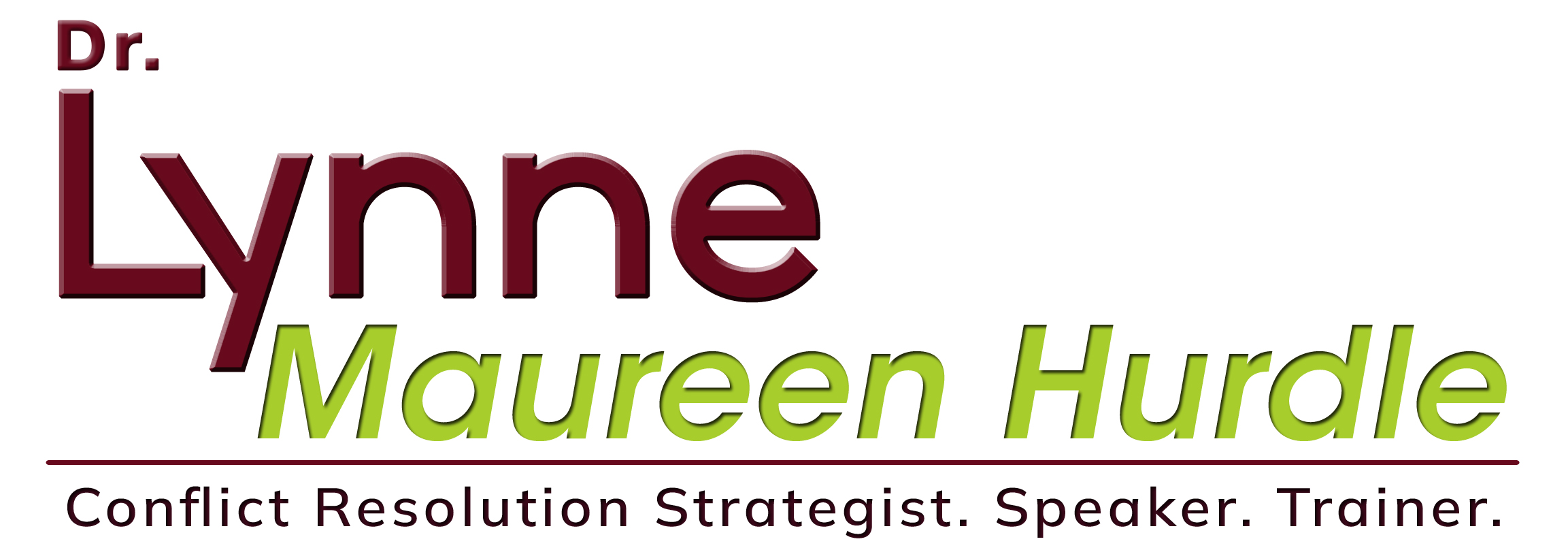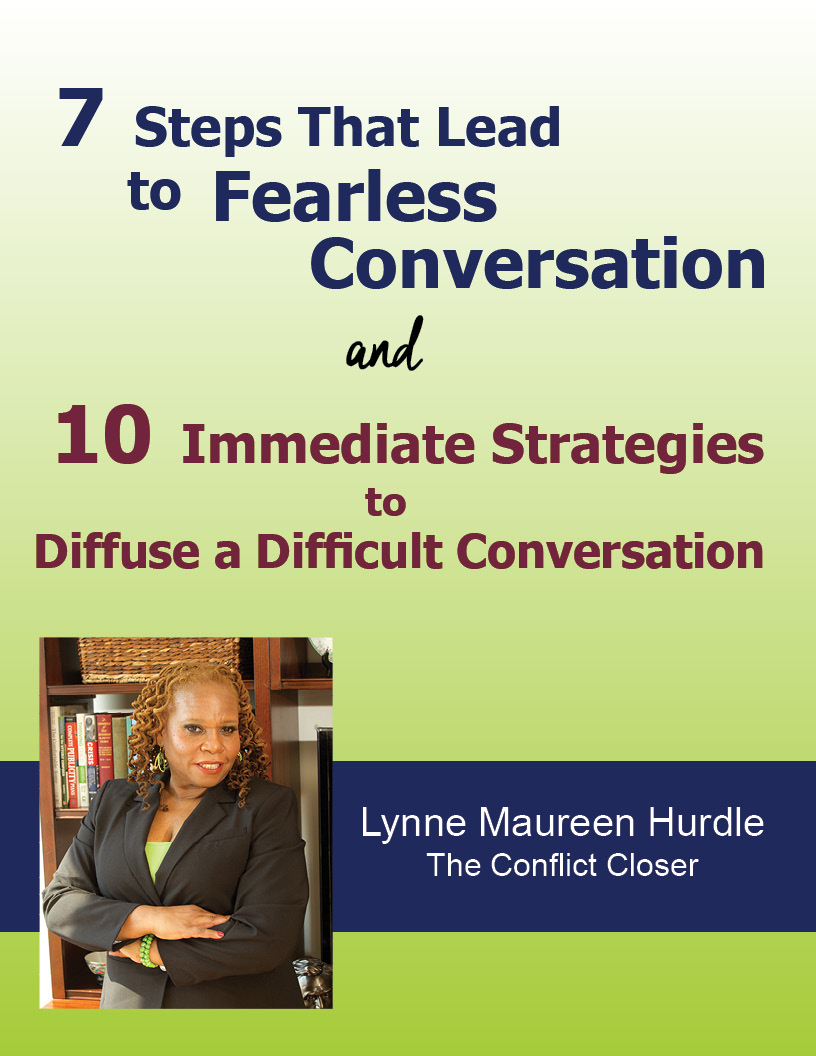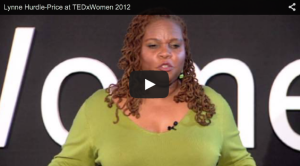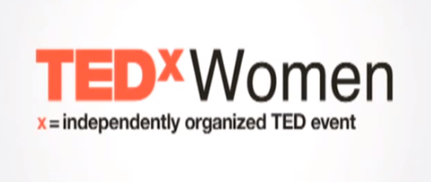The divide in our country is showing itself to be a lot deeper than our political affiliations. Certainly, the election has proven to illuminate and heighten our differences, but even in a country where being different has never been met with genuine curiosity and a search for how it might strengthen us, what we are seeing today calls for some serious examination.
We have the election sprouting names like deplorables, rapists, idiots, terrorists, crooked, demagogues, low class and other choice words too numerous to mention. Social media is alive with names like thugs, terrorists, pigs, anarchists, spoiled brats, trailer-trash, the n-word, the c-word being hurled at police officers, Black Lives Matter, Colin Kaepernick, those who oppose Colin Kaepernick, women activists, Native Americans and almost anyone who is in conflict with each other these days. Everyday life in the U.S. has become reality T.V. on steroids.
Name-calling has always been a long standing part of our history, but since its elevation to commodity status, it has been deeply embedded in our culture and is now relished and accepted as a part of the “dialogue.” It is readily accepted by adults and as a result our young people to “throw shade “ on someone, because they did it to you. It is now fair game to call someone a name if they say something that opposes our point of view. I have even found myself struggling with this mostly in the solicitude of my car. More than once I have questioned myself about why someone is an “idiot” because they did something I did not like or agree with on the road.
It is easy to get caught up in this new national pastime if we are not conscious and constantly tuning in to ourselves. It is so accepted that it has infiltrated all of our institutions posing as constructive criticism. I remember informing one of my son’s elementary school teachers and the assistant principal that writing in a report that my son is lazy in math does not inform any of us about what needs to be corrected. It is simply name-calling. Is he not getting to work on the task right away? Is he giving up and refusing to try when it gets tough? Both of those things can be addressed. When the corrected report included specifics, but still contained the word lazy, I pushed back to say that word was unnecessary and added nothing to the new information describing what he needed to improve. Blank stares. My experience from telling this story numerous times is that it is so endemic that most people don’t get it.
Let me provide 3 ways that we can check ourselves when we see that we are headed in that direction:
- Tune in to your emotions when conflict arises. Name-calling is often a result of some kind of emotion being evoked.
- Honor the feeling, name it, feel it and then allow it to pass and then allow for the possibility that just like you the other person is allowed to make mistakes or think differently without being subject to name-calling.
- Be open to listening to people who disagree with you and consider that their perspective and yours is colored by all the experiences and people that have shaped our lives.
According to an article in USA Today, tennis player legend, Billie Jean King said of Colin Kaepernick’s peaceful protest, “You don’t have to agree with his actions to have a good conversation about it.” Make no mistake, this is hard work, particularly in a country that is good at “throwing shade” at those who oppose, annoy and push back against our comfort zones, but allowing name-calling and cursing to redefine conversation will continue to take us down a long dark rode that will be difficult to see our way back from.
For more on this topic, visit my article on Psychology Today.





